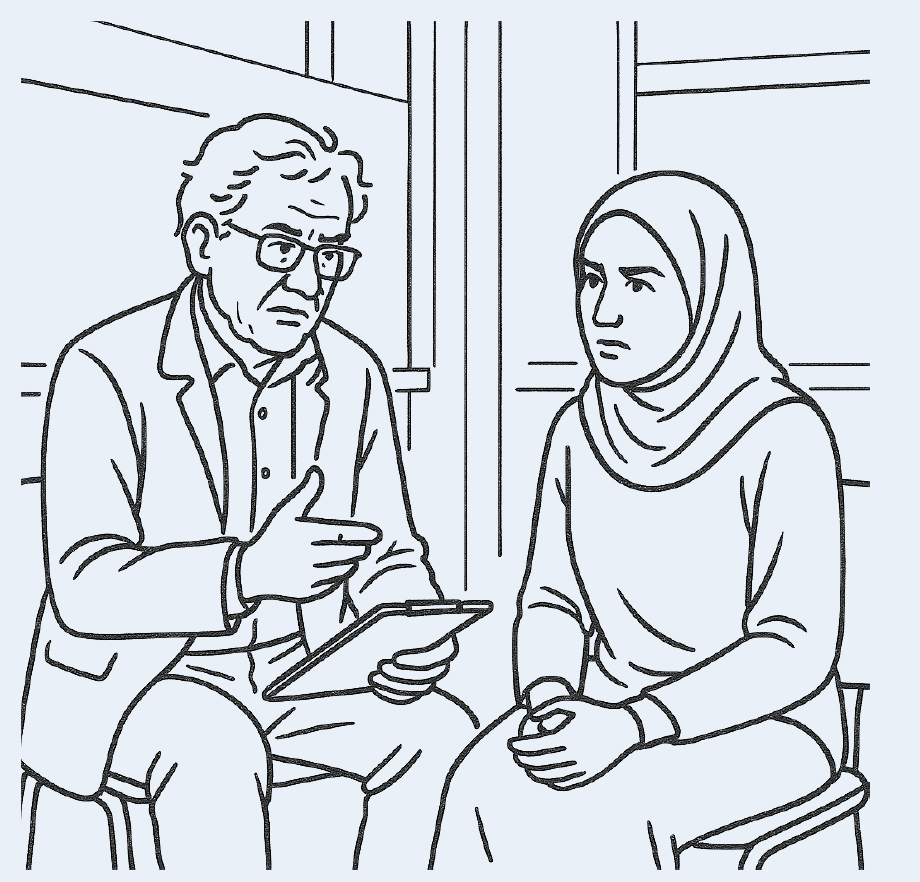Strengthening psychosocial support in Syria: Professionals in the focus of the 2nd supervision conference’
After 14 years of civil war, Syria faces enormous challenges, with 16.7 million people reliant on aid and millions displaced. The complex mental health and psychosocial problems of the population are exacerbated by the living conditions in camps, the transgenerational effects of trauma and loss, and inadequate health and education infrastructure. Additionally, local and remote supporters, including mental health and psychosocial support (MHPSS), health, protection and gender-based violence (GBV) service providers, live under difficult conditions and are working under extreme stress with limited resources. This situation puts them at a high risk of burnout.
Without a space for reflection on the work and for self-care, there is a risk that actors will be harmed and drop out of activities. To mitigate these risks, regular spaces for reflection in the team/with peer colleagues in form of intervision (with an internal moderator/intervision facilitator) and access to supervision with an external (independent) moderator are essential.
Together with a specialized team of trainers, Health Focus developed a training concept for professional supervision for psychosocial processes. Two trainers delivered two rounds of the training series to Syrian MHPSS (Mental health and psychosocial support) professionals and trained a pool of regional trainers and teaching supervisors in the form of a training of trainers.
Health Focus, through the two trainers, continues to support the group of trained supervisors and trainers for supervisors with a refresher course and shadow supervision. Following the refresher course this month, Health Focus contributed to the organisation and implementation of the 2nd Supervision Conference in Gaziantep, which aimed to strengthen external supervision as a key approach to quality development and staff care in MSPSS services for Syria. Building on the outcomes of the 1st Supervision Conference in 2023, the conference brought together practitioners, policy makers, and experts to share best practices, address challenges and explore innovative approaches to case supervision in complex humanitarian settings. Discussions focused on improving professional well-being, enhancing the quality of services and ensuring the sustainability of MHPSS interventions.
